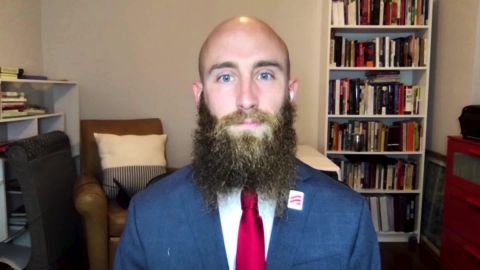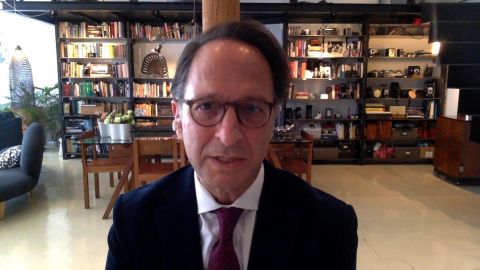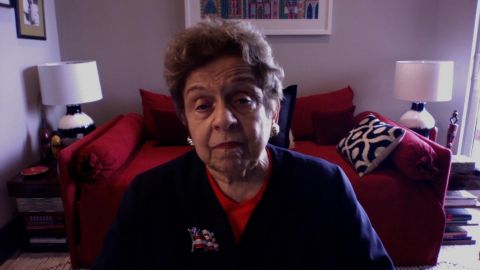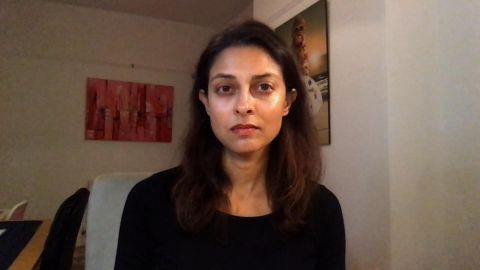Read Transcript EXPAND
CHRISTIANE AMANPOUR: So, I mean, I know that you’re not the president’s doctor. You haven’t examined him. Fauci also says that he believes that it is the — anyway, the Regeneron group of treatments that he’s getting which has helped him. Would you expect, you know, even with this cocktail that he’s getting that the normal process might unfold, like it could take several days to show the worst symptoms?
DEVI SRIDHAR, PROFESSOR OF GLOBAL PUBLIC HEALTH, UNIVERSITY OF EDINBURGH: Yes. That’s what we’ve seen with COVID-19, that actually in the first week most people have mild symptoms and sometimes slightly sicker but actually, the real turn comes as Dr. Fauci says, you know, around day seven to day nine when actually people start to have a more severe response and then need to be admitted to the hospital for oxygen or for other kinds of support. And it’s quite a long disease from actually getting it to dying. On average it’s about 21 days. And so, I think right now it is too early to say, oh, he’s through the worse and he’s clear. Also, because we’ve seen in a number of people who have recovered that they don’t fully recover. They get something called long COVID. So, they do suffer for weeks or months with fatigue or heart or kidney or lung issues. So, I think it’s quite surprising for someone to say like, OK. It’s done and dusted. It’s over. Because that’s not what we’ve learned about this disease over the past couple of months.
AMANPOUR: It is said that the British prime minister, Boris Johnson, has effects of long COVID. They deny it at 10 Downing Street but many around him point to the way he’s been behaving and some of us, you know, whatever he’s exhibiting and saying that he shows classic symptoms. I guess the question is, you know, when you’re president of the United States, it’s even more consequential if you are home and potentially have long lasting symptoms. So, — and effects. I asked, is this the behavior modeling we need? Tell me how would you think it does to the general population when the president goes into hospital, comes out of hospital, apparently against doctor’s orders at the hospital, rips off his mask and goes back into a White House with a skeleton crew but nonetheless people, including butlers and staff and many of them elderly, many of them black and Latino in fact?
SRIDHAR: It’s absolutely appalling. I think it’s shocking to watch this and to see leadership at that level be so selfish and so self centered, which are the qualities that we’ve been trying to get away from in this pandemic. It’s about looking out for others, making sure you don’t infect others, making sure that we all have access to good medical care. And so, I think it’s a real tragedy for the United States to have this kind leadership right now. And the world is watching. And unfortunately, the United States is not going to hold that position of being, you know, the preeminent country and global health leader and in pandemic preparedness if, you know, the White House has more cases in this cluster than Taiwan, Vietnam and New Zealand all put together.
About This Episode EXPAND
Rep. Donna Shalala (D-FL) and global health expert Devi Sridhar give a reality check on COVID and presidential politics. Andrew Weissman gives new insight into the Mueller investigation. U.S. army veteran Kristofer Goldsmith explains how white supremacists are targeting veterans for recruitment.
LEARN MORE



